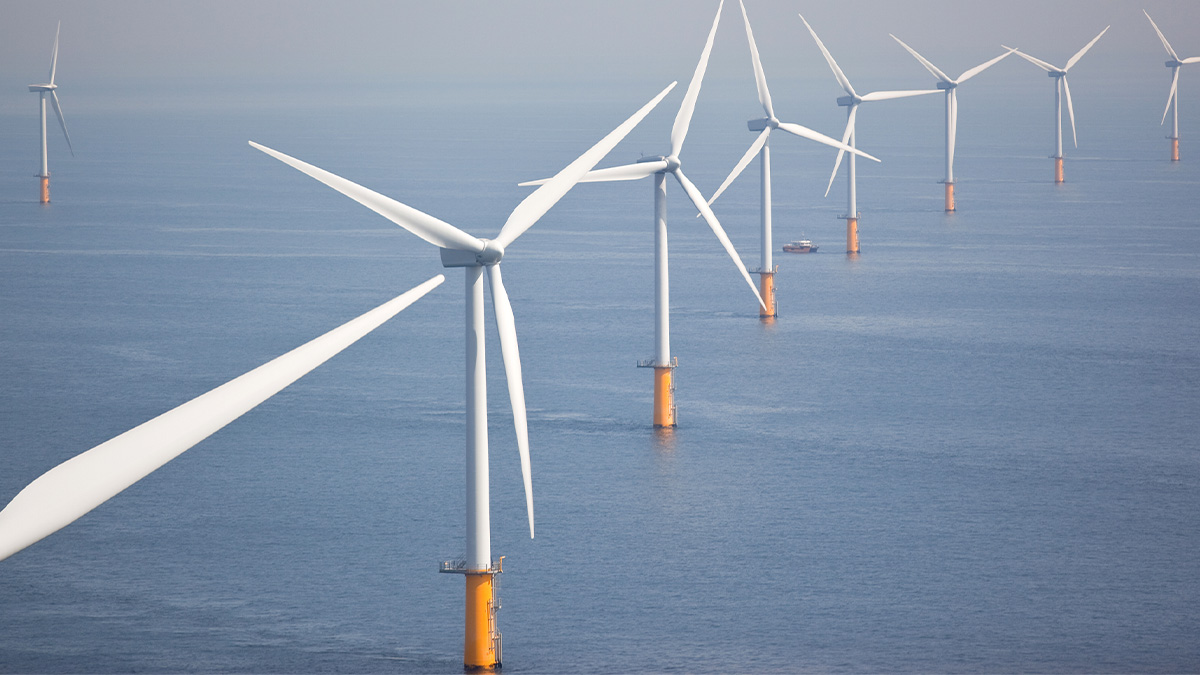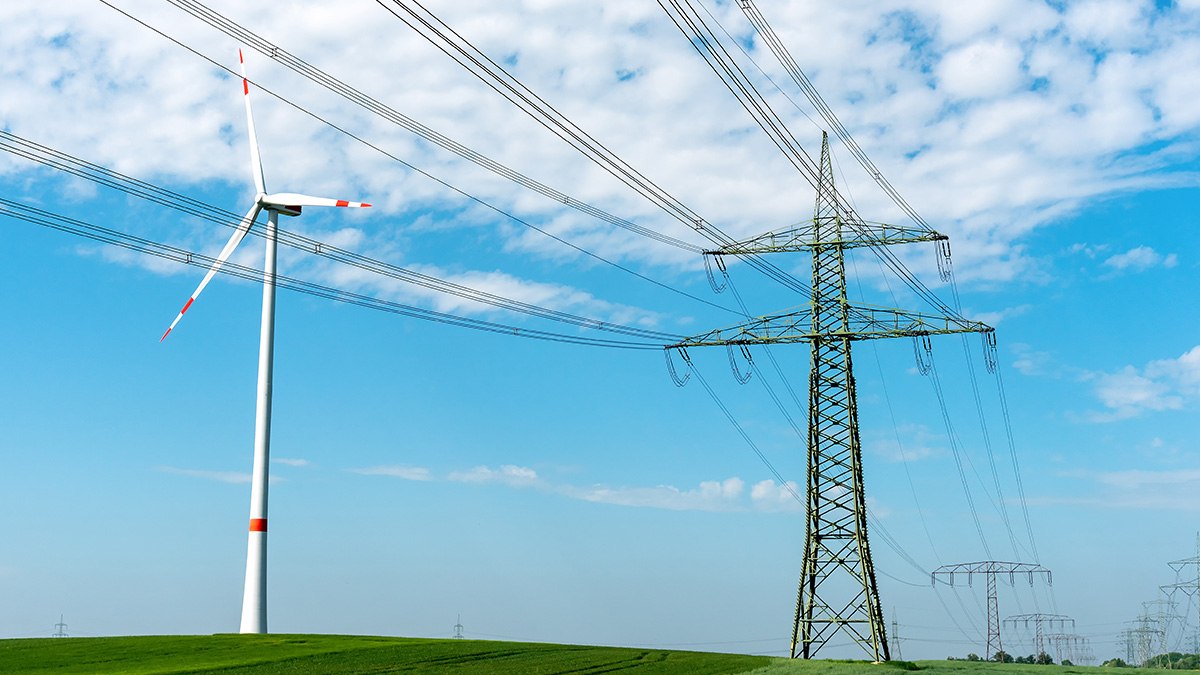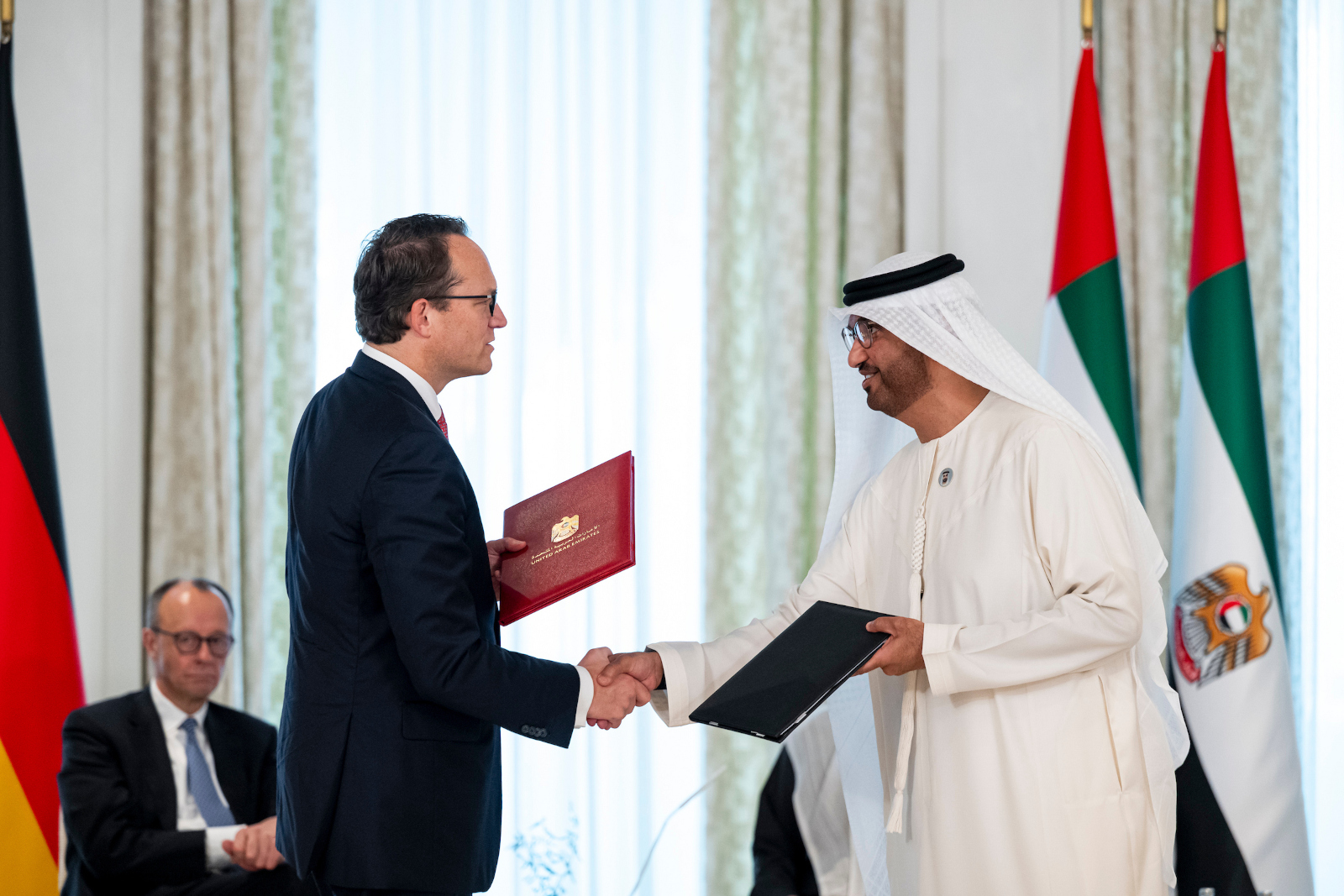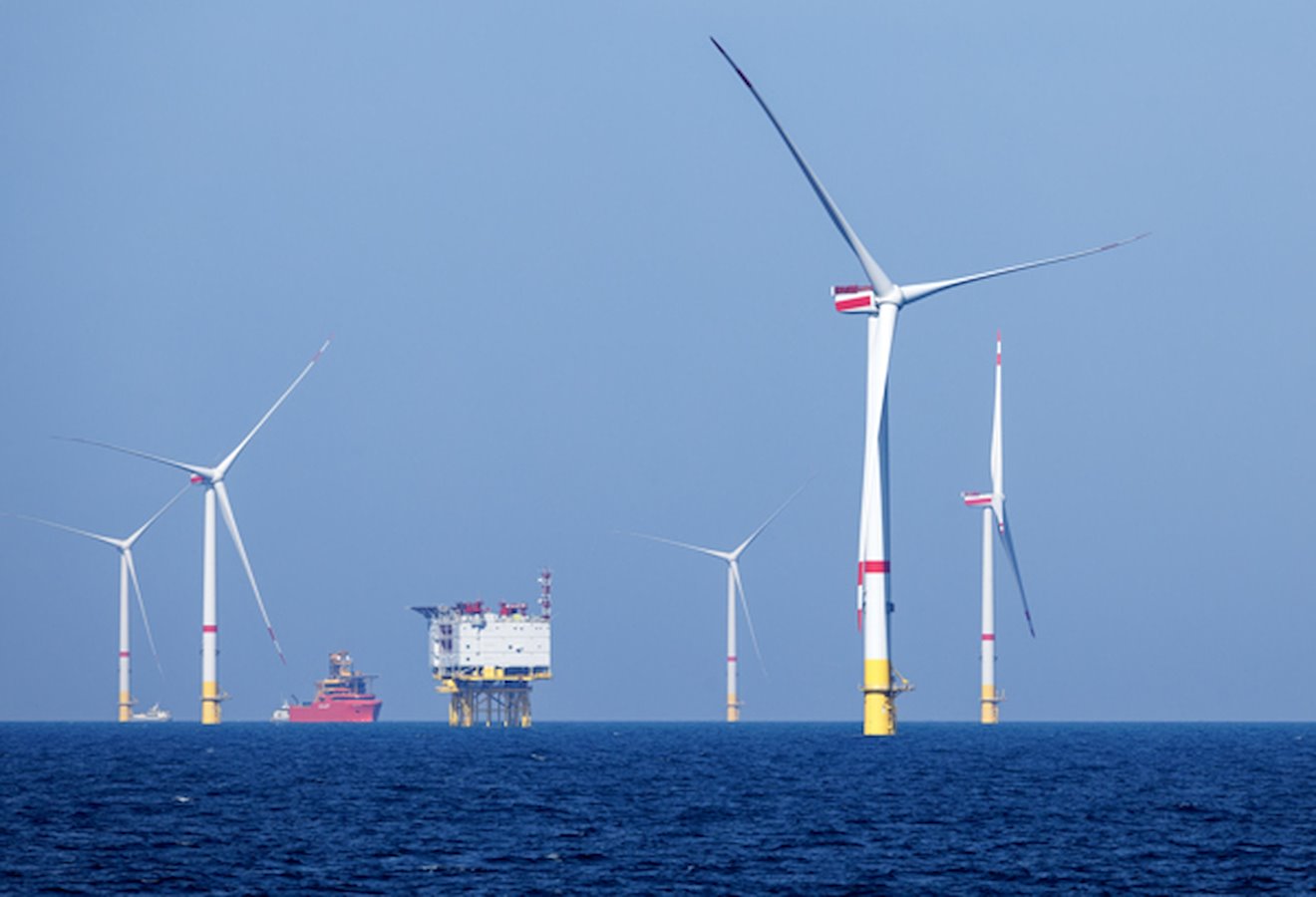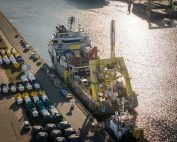A number of governments are now tempted to apply ‘negative bidding’ in their wind energy auctions, to make companies pay them for the right to develop a new wind farm – WindEurope explains in the position paper.
When renewables auctions started, the idea was that governments would offer some form of financial support to project developers. The most common form of support now is the Contract for Difference where governments pay developers when the market price is below the auction price but developers pay governments when it’s the other way round. That’s a good system: it’s cheap for governments – and cheap for society as it ensures stable revenues so minimises finance costs.
Some governments have started using “zero-bid” auctions, where wind farms simply earn the market price of electricity. It sounds cheap but means higher finance costs because banks are less willing to lend as they don’t see stable revenues.
“Negative bidding” has the same problem. And worse. It imposes additional costs on wind farms which then have to be passed on society.
Denmark’s last offshore wind auction, for its Thor wind farm, used negative bidding. The winner is paying the government €375m for the right to develop the project. The Netherlands are inviting bidders to pay €50m in their current offshore wind auction – they’ll score less if they don’t. And now Germany, inspired by Denmark, is looking to introduce negative bidding for some of its new offshore wind auctions.
Governments may be tempted to make money in this way. But they need to remember that negative bidding imposes additional costs on those developing wind farms – and that developers have to pass these costs on to someone. They either pass them on to consumers in the form of higher energy bills. And/or they pass them on to their suppliers, as they’ve less money to pay for the turbines.
(Even) higher energy bills is the last thing consumers want today. Or at any time, not least when they’ve been told renewables are cheap and will bring down their bills. And more pressure on costs is the last thing Europe’s turbine manufacturers want: all 5 of them are operating at a loss today, with inflation in input costs and supply chain disruptions. Rather than adding its woes, governments should be supporting Europe’s wind energy supply chain.
It’s one thing for governments to charge wind farm developers a reasonable lease for the seabed space they use once they are operating a wind farm and earning revenue from it. But negative bidding imposes immediate costs on developers during the period of greatest risk when they’re building the wind farm, sinking money and earning nothing.
WindEurope CEO Giles Dickson said: “Negative bidding in wind auctions creates additional costs that have to be passed on to someone. To energy consumers who are already struggling with higher bills. And/or to the wind supply wind chain, which is already operating at a loss. Either way it’s a straw to break a camel’s back. It might look like a gain for finance ministries. It’s a huge cost for society. Don’t do it.”
Source: WindEurope
